Beyond ColorblindSample
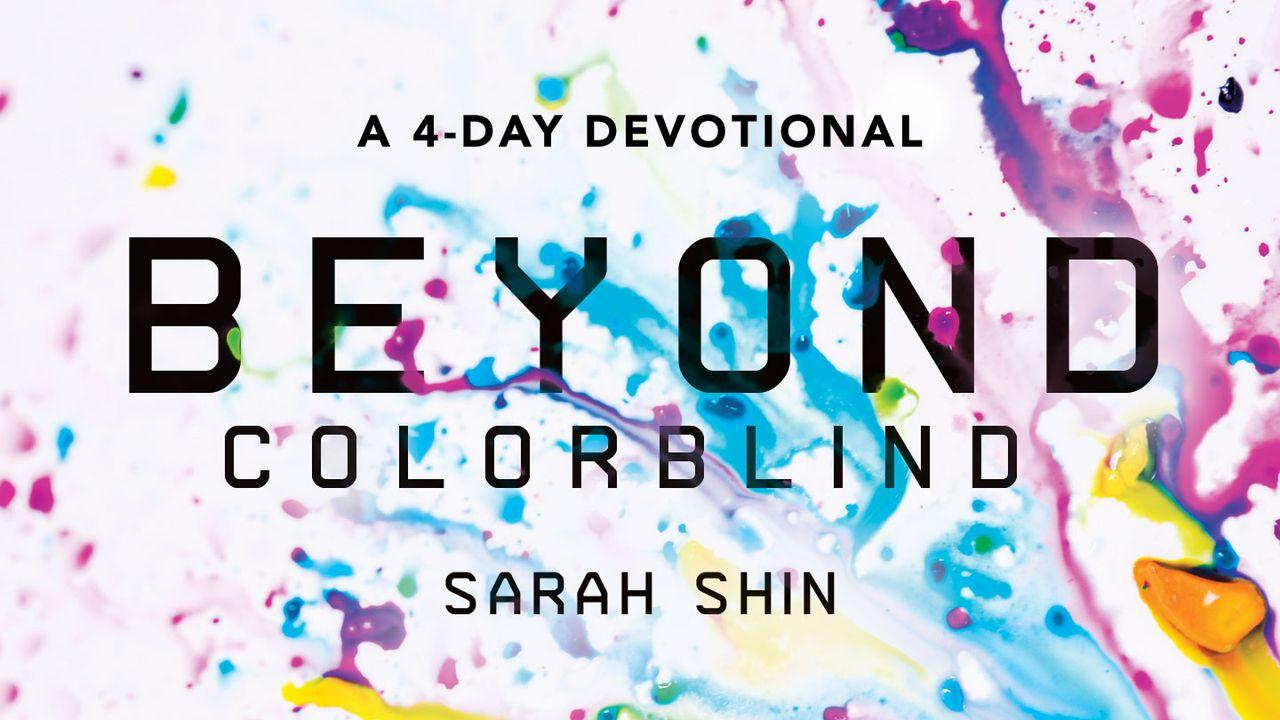
Ethnicity in the Story of God
At Pentecost and Revelation, we get a glimpse into the heart of a God who sees every language, culture, and ethnicity.
However, our churches often avoid the topic of ethnicity and race because we don’t think it’s relevant to our faith, or we’re afraid of offending people and trying to avoid being “political.” More often than not, we don’t know how to talk about it and withdraw from conversations about race or ethnicity. We lack the skills, language, and understanding to be able to share the gospel in our diverse and divided contexts.
Perhaps the reason Christians have little to say is that, for a time, we bought into the secular world’s gospel of colorblind diversity as the answer to our problems of ethnic division. Colorblindness often meant polite avoidance or silence, inside and outside the church.
But by buying into colorblindness, we did not examine the Scriptures’ rich depth of insight into God’s creation and intent for ethnicity, and we lacked biblical literacy on the issue, leading to a lack of theological reflection, formation, and repentance. The result? We either denied ethnicity as valuable or bought into the secular world’s understanding of ethnicity.
This has robbed us of the opportunity to hear the stories of people who are ethnically different than us. We are shocked and unsure of how to engage when we hear of things such as a race-related incident or hate crime.
Our lack of ethnic-identity understanding, for ourselves and for those around us, has led us to proclaim a gospel that is irrelevant or powerless in addressing real aches, pains, and questions. Racially and culturally unaware witness and involvement in our communities caused distrust. Sometimes we did more harm than good and pushed people away from us—away from opportunities to hear the gospel and away from trusting Jesus. What resulted was and is a distant and often irrelevant, unaffected church.
But the Christian story is one that acknowledges our fundamental brokenness. Why would the realm of ethnicity and race be exempt from the influence of sin?
We need something beyond colorblindness, something that both values beauty in our cultures and also addresses real problems that still exist in our society decades after the civil rights movement. Our world is in need of the gospel—a good news that is not afraid of addressing ethnic differences. And we need Christian voices to call for change and reform—with Jesus as the transforming center of it all.
Father, help me see all of how You have made me and others. Help me see the beauty of other cultures as well as what You have given to me. Help me see the pain, sin, and injustice that affect specific ethnic peoples, and teach me to love them as myself. Open my eyes.
Scripture
About this Plan

People say they don’t see race—that they’re “colorblind”—but we can’t ignore that God created us with our ethnic identities. We bring all of who we are, including our ethnicity and cultural background, to our identity and work as God's ambassadors. Discover how your ethnic story can be transformed for compelling witness and mission.
More
We would like to thank InterVarsity Press for providing this plan. For more information, please visit:
https://www.ivpress.com/beyond-colorblind?utm_source=youversion&utm_medium=reading-plan&utm_campaign=youversion
Related Plans
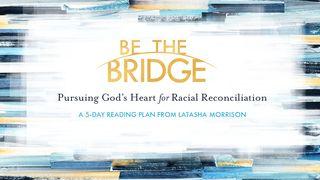
Be The Bridge: A 5-Day YouVersion Plan By Latasha Morrison
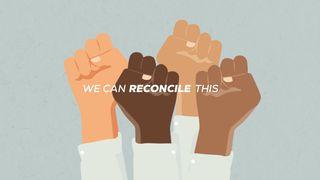
7 Steps to Racial Reconciliation | 1 Week to Healing
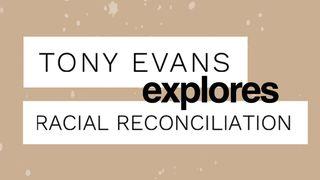
Tony Evans Explores Racial Reconciliation
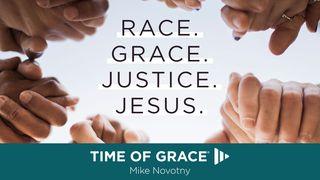
Race. Grace. Justice. Jesus.
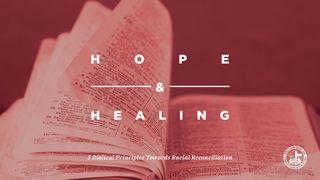
Hope and Healing Towards Racial Reconciliation
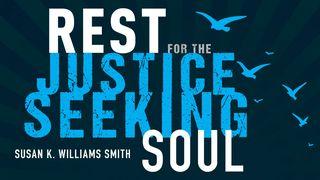
Rest for the Justice-Seeking Soul

No More Taboo: Addressing Racism and Culture in the Church
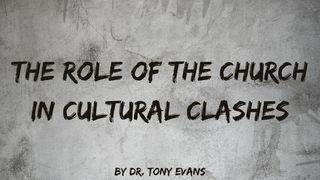
The Role of the Church in Cultural Clashes
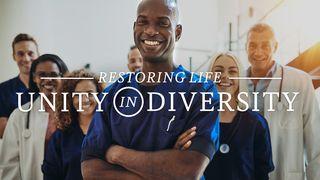
Restoring Life: Unity in Diversity
